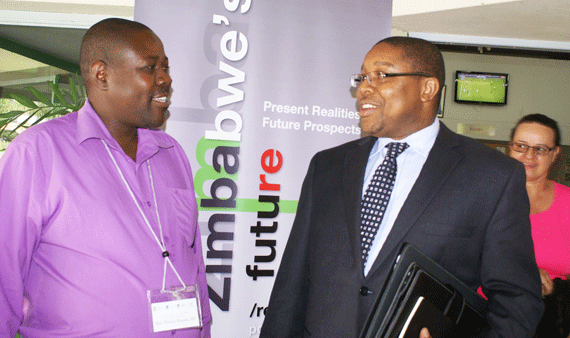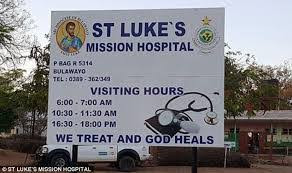
CIVIL society and non-governmental organisations (NGOs) converged in Bulawayo yesterday at the beginning of a three-day conference to discuss strategies of how to engage the new Zanu PF administration following its resounding July 31 general elections win.
LUYANDUHLOBO MAKWATI OWN CORRESPONDENT
Most civil society and NGOs have widely been perceived by Zanu PF as appendages of the West seeking to effect regime change, despite constant denials.
The gathering runs under the theme “Zimbabwe: Present Realities and Future Prospects” and is being attended by civil society organisations, NGOs, government officials and academics.
Speaking on the sidelines of the conference, the chairperson of the organising team Mandla Nyathi said civil society faces a big challenge on how to confront the government on issues that affect the general populace.
“Since the victory of Zanu PF in the harmonised elections this year, the civil society organisations have been viewed as agents of the West who wanted to effect regime change,” Nyathi said.
“As a result, organisations are fighting for their space so that they could represent the masses for the amelioration of every Zimbabwean.”
- Chamisa under fire over US$120K donation
- Mavhunga puts DeMbare into Chibuku quarterfinals
- Pension funds bet on Cabora Bassa oilfields
- Councils defy govt fire tender directive
Keep Reading
Nyathi further said the conference is aimed at trying to bring Zimbabweans together so they could view problems bedevilling the country using the same lenses to ensure they deal with problems affecting them.
“We are trying hard as civil organisations to deal with matters that affect Zimbabweans such as polarisation of all social actors in the civil society by trying to engage State actors to understand the plight of the people. We are trying by all means to facilitate a dialogue between these organisations and the State,” Nyathi said.
ZimRights national director Okay Machisa also echoed the same sentiments saying there was need for civil organisations to work closely with the government and academics.
“Most economies that are doing well are informed by academics,” Machisa said.
“We have realised that academics have a strong bearing in developing any country because they look at issues in a different way since they possess critical thinking which is not common on the wielders of power and civil organisations.”
Machisa said in view of the current political dispensation, it was important for all stakeholders to come together and map the way forward on how organisations could participate in the development of the country without existing in constant competition.
“It is out of this realisation that there is need for civil society, academics and the State to work together for the development of the people and attending to trivial political issues that affect people must not be headed on either academics or civil society, but they must be dealt with accordingly without any form of prejudice,” Machisa said.
Thabang Nare, the national director of Young Christian Teachers’ Forum, said the conference came at the right time as civil society was nowhere to be seen after the victory of Zanu PF.
“As civil society, I think this is the right time for us to come up with a strategy on how we can deliver to people and work towards one goal of developing policies as organisations that are people driven,” Nare said.
“Policies are not for legislators, but they are for the public, hence the need for civil society, academics and members of the public to come together to formulate policies which the State can rubber stamp,” Nare added.













